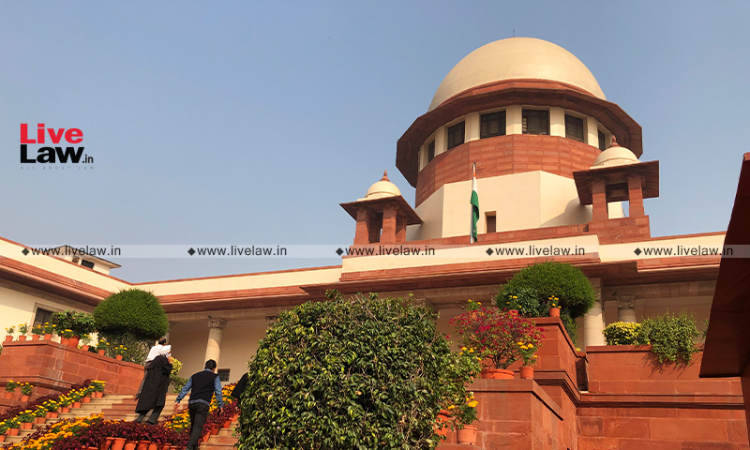- Home
- /
- Top Stories
- /
- Award Passed By Lok Adalat Is Not A...
Award Passed By Lok Adalat Is Not A Compromise Decree: Supreme Court
LIVELAW NEWS NETWORK
3 Feb 2022 5:12 PM IST
The Supreme Court observed that an Award passed by the Lok Adalat is not a compromise decree. This observation was made by the bench comprising Justices KM Joseph and PS Narasimha in its judgment holding that an Award passed by a Lok Adalat under Section 20 of the Legal Services Authorities Act, 1987 cannot be the basis for redetermination of compensation as contemplated under Section 28A of...
Next Story



